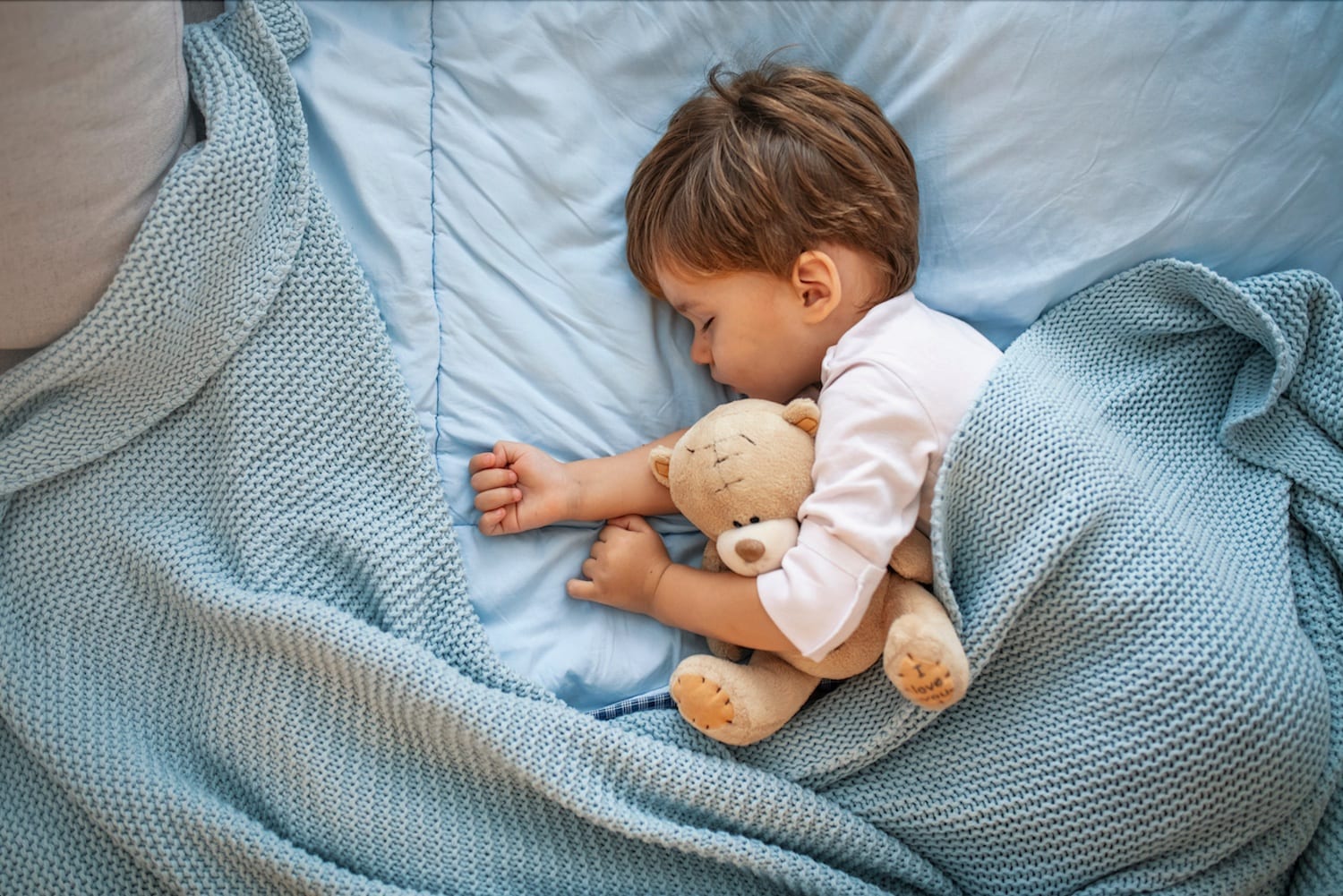Guide to Newborn Sleep Tips
Guide to Newborn Sleep Tips: If you want to learn how to help your baby sleep better there are some tricks you can be tried. These tips can help your baby calm down and sleep peacefully. We have gathered nine of them for you to try out. Using these tips regularly can help your baby get used to falling asleep at bedtime. Keep reading to find out about all of our favourite tips
Keep Your Baby Comfortable
Swaddle Your Baby
Establish a Sleep Schedule
Give Your Baby Attention During the Day
Establish a Bedtime Routine
Place Your Baby in the Crib Before They Fall Asleep
Offer Your Baby a Pacifier
Work With Your Baby’s Preferences
Find Balance When Attending to Your Baby’s Needs at Night
Keep Your Baby Comfortable
Before you put your baby in the crib make sure they feel comfort. Check if they need a diaper change or feeding. Make sure they are dressed just right for warm but not too hot. Also make sure the room is not too hot or cold. A quiet cozy room helps your baby sleep better.
Here are some other ways to help your baby feel comfort and relaxed:
Make the room dark by turning off bright lights and closing the curtains.
Use a night-light to give a gentle glow in the room.
Play soft music to help your baby relax and sleep better.
Swaddle Your Baby
If you want to know how to help your newborn sleep better try swaddling. This method is great for your baby.
When babies are swaddled, they often fall asleep faster and stay sleep longer. Newborns can not control their movements well yet so they may twitch or flail their arms during sleep. This movement can wake them up accidentally. Swaddling helps them feel relax and secure and it stop their arms and legs from moving too much.
Here are some tips for swaddling:
Use a lightweight cotton blanket or sleeping sack to avoid your baby getting too hot.
Make sure there enough space for your baby hip and legs to move. Swaddling too tightly can cause hip problems.
Stop swaddling when your baby starts trying to roll over on their own usually around 2 months old.
Establish a Sleep Schedule
Baby sleep pattern are still developing for about 16 weeks so their sleep might be a bit chaotic during the first few months. However it is never too early or too late to start setting a sleep schedule for your baby.
There are apps like the Smart Sleep Coach by Pampers™ that can help with this. These apps use smart technology to create a sleep schedule based on your baby natural sleep patterns. You just need to track your baby’s sleep, and the app will do the rest, letting you know when it’s time for the next nap or bedtime.
If you’re interested, you can take a free sleep assessment to learn more about how the Smart Sleep Coach can help your baby sleep better.
Give Your Baby Attention During the Day
Experts say that giving your baby attention and playing with them during the day can help them feel calm and ready for sleep at night. So, go ahead and hold, cuddle, play, and talk to your baby during the day. When they’ve had enough love and attention, they may be more likely to sleep well at night.
But during nighttime feedings and diaper changes, keep things quiet and brief. This helps your baby learn that night is for sleeping and day is for being active and having fun.
Establish a Bedtime Routine
You can start a calming bedtime routine for your baby when they’re around 6 to 8 weeks old. Here are some tips:
Make the routine soothing and calm, avoiding anything too active or exciting.
Spend the last 10 minutes of the routine in your baby’s bedroom or your room if you share it. This helps them associate their bedroom with peaceful activities before sleep.
Here’s a list of things you can include in your baby’s bedtime routine:
Giving your baby a warm bath
Massaging your baby
Putting on sleep clothes
Brushing teeth (for older babies)
Rocking or swaying in a chair
Dimming the lights
Reading a bedtime story
Singing a lullaby
Playing soft music or white noise
Giving a goodnight hug and kiss
Swaddling (for babies).
Place Your Baby in the Crib Before They Fall Asleep
A very important tip for helping your baby sleep is to put them in their crib when they’re still awake but feeling sleepy. This helps them learn that the crib is where they sleep. If they always fall asleep in your arms, they may have trouble sleeping in the crib because it feels unfamiliar. They might also cry when they wake up because they’re used to sleeping in your arms.
Watch for signs that your baby is sleepy, like:
Their eyelids drooping
Rubbing their eyes
Being fussy.
Always put your baby to sleep on their back in the crib, and make sure there are no loose blankets, pillows, or toys in the crib. This keeps them safe and reduces the risk of Sudden Infant Death Syndrome (SIDS).
Offer Your Baby a Pacifier
Using a pacifier can help calm your baby at night and make them less likely to have Sudden Infant Death Syndrome (SIDS). If you’re breastfeeding, wait until your baby is about 3 to 4 weeks old before giving them a pacifier.
If your baby’s pacifier falls out while they’re sleeping, you don’t need to put it back in. But don’t let your baby fall asleep with a bottle, because the milk or formula can stay in their mouth and cause tooth decay and ear infections.
Work With Your Baby’s Preferences
Even though it might not seem like the best idea, it could be helpful to adjust your baby’s sleep schedule based on when they naturally feel sleepy. This means letting them sleep when they want to, instead of trying to make them sleep when they’re not tired and might resist.
Find Balance When Attending to Your Baby’s Needs at Night
If your baby wakes up crying at night, try giving them a chance to settle back to sleep on their own before going to them. This is part of a sleep training method called the Ferber Method.
But if your baby keeps crying and doesn’t calm down, they might need something like a feeding or a diaper change. When taking care of your baby’s needs at night, do it quietly without turning on bright lights. After feeding or changing them, put them back in their crib to sleep.
If you think your baby might be sick because they’re fussy, check if they have a fever or any other signs of being ill. If you’re worried, talk to your baby’s doctor.



[…] caring for your little one. Here is everything you need to know about a your newborn baby from sleeping and feeding to crying and […]